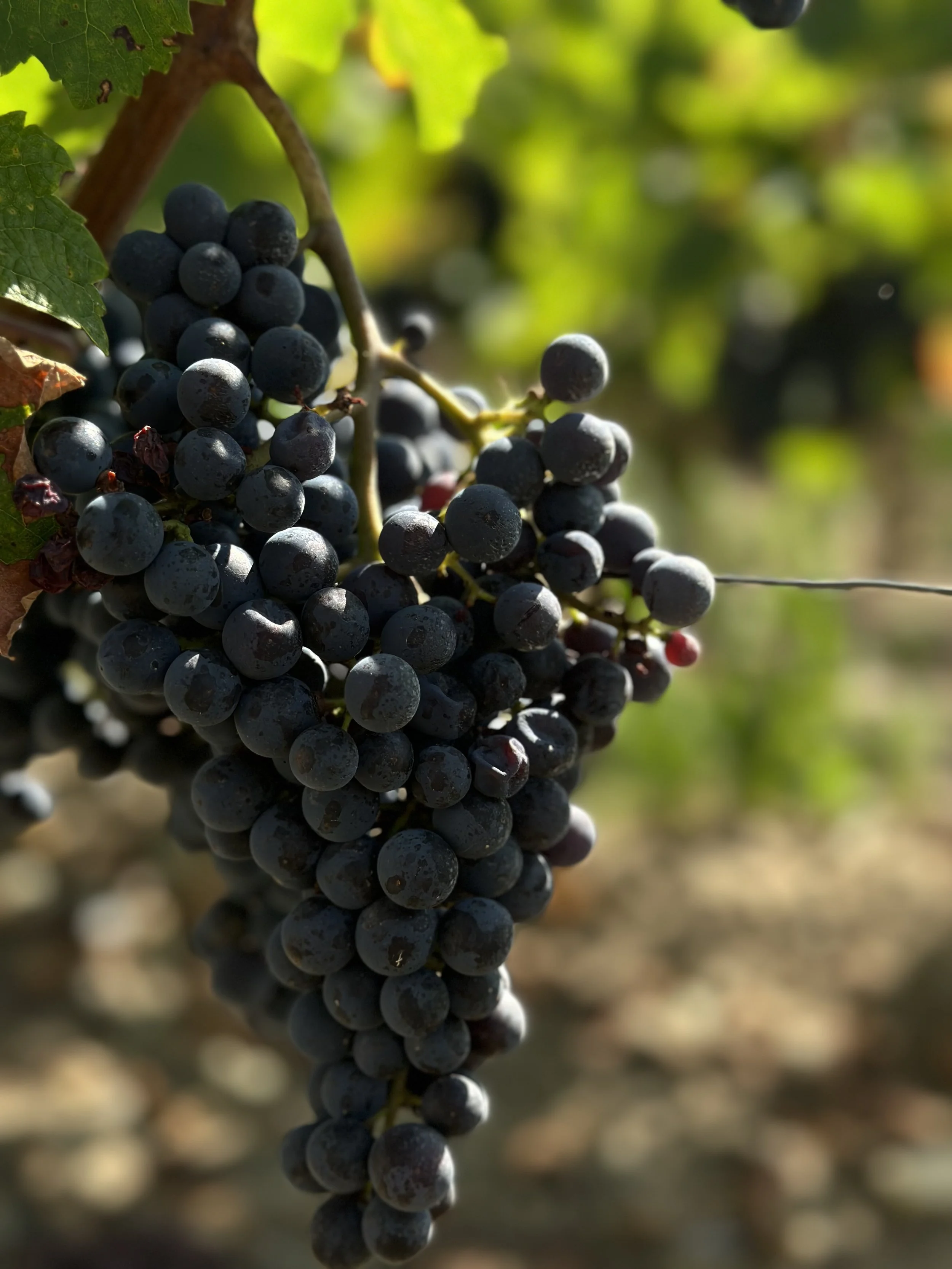Why your wines are NOT Vegan.
Wait — Wine Isn’t Always Vegan? Here’s What You Should Know.
If you’re shocked to learn that most wines are not vegan, you’re not alone.
As a certified sommelier and host of The Wine CEO podcast, I get this question all the time — and today, we’re diving into why most wines aren't vegan, what that actually means, and how to spot vegan-friendly options when you’re shopping.
What Makes a Wine Not Vegan?
At first glance, you might think wine is simply fermented grape juice. And for the most part, it is. But the winemaking process involves more than just grapes — especially when it comes to making the wine look beautiful and crystal-clear in your glass.
Most wines go through a clarification process called fining. Just like orange juice can come with "lots of pulp" or "no pulp," freshly pressed grape juice isn’t perfectly clear — it’s cloudy and full of tiny particles, proteins, and natural sediments.
And while a little cloudiness doesn’t change the taste, for decades, winemakers have clarified wine because consumers expect a clear product.
So What Is Fining?
Fining is the process of removing those tiny, hazy particles that filtration alone can't catch. And here’s where the non-vegan part comes in: winemakers have historically used animal byproducts to do the job. Common fining agents include:
Egg whites
Fish bladders (isinglass)
Casein (milk protein)
Gelatin (from animal collagen)
These proteins cling to the microscopic particles in the wine, making them easier to remove during filtration. The result? That polished, clear look you’re used to in your wine glass.
While the final product might not contain visible animal byproducts, the process still involves them — which is why the wine wouldn’t be considered vegan.
So… Are There Vegan Wines?
Yes, absolutely! In recent years, many winemakers have switched to non-animal fining agents or skipped the fining process entirely. Some use natural alternatives like:
Bentonite clay
Pea protein
Activated charcoal
Temperature-based settling methods
These wines are considered vegan-friendly, and many producers will proudly label them as such.
What About Natural Wines?
Great question — and if you’re into the world of low-intervention winemaking, this will sound familiar. Natural wines are often unfined and unfiltered, meaning they skip the clarification process entirely.
That’s why you might see sediment floating in the bottle or notice the wine looks a bit cloudy. But don’t worry — it’s not a flaw. In fact, many natural wine fans love the texture and flavor depth that comes with unfiltered wine.
While it may look different than what we’ve been trained to expect, a cloudy wine tastes just as great as a clear one. It's all about winemaker philosophy and consumer preference.
Bottom Line
You may not care whether your wine is vegan — and that’s totally okay! But it’s always good to know what’s in your glass. Whether you choose to seek out vegan wines or just want to explore the world of natural and unfiltered options, there’s never been a better time to expand your wine knowledge.
🍷 Curious about other wine myths and misconceptions? Be sure to subscribe to The Wine CEO Podcast and follow me on Instagram @thewineceo for more helpful tips every week.
Got questions about vegan wines? Drop a comment, shoot me a DM, or email me at sarah@thewineceo.com — I love connecting with fellow wine lovers!
